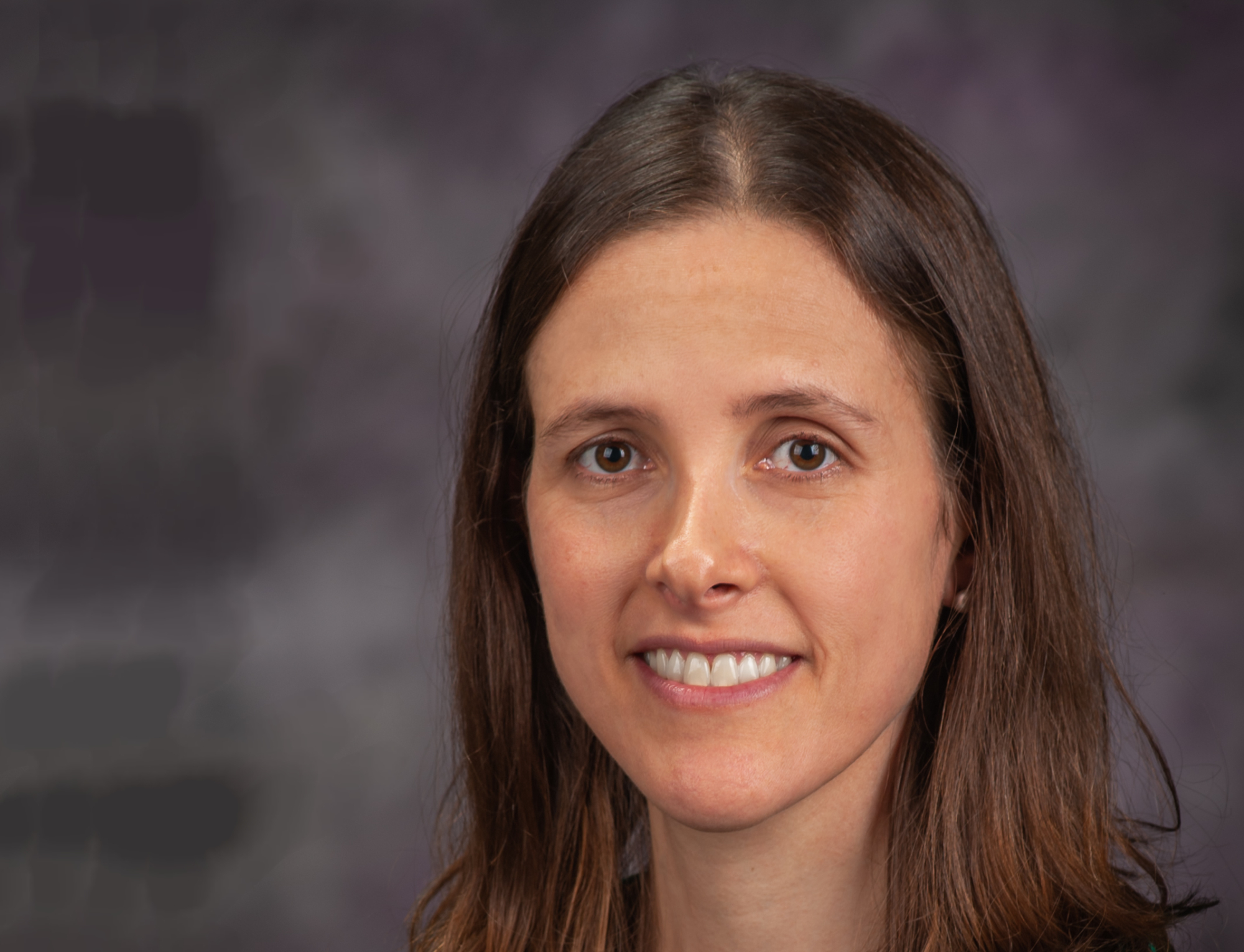
Join us in welcoming assistant professor Gabriela “Gaby” Perez Quesada to the department! Her program focuses on natural resources and environmental economics. She is currently teaching AREC 470, Policy Analysis for Environmental and Natural Resource Management.
Specifically, Quesada’s research focuses on the interactions between agricultural production, natural resources, and the environment. “The goal of my current research is to better understand how water scarcity and climate change impact agricultural production, and how economic agents and institutions of the agricultural sector adapt to them,” she explained. For example, her dissertation quantifies how the depletion of groundwater stocks reduces the flow of economic value and the production of crops from the High Plains aquifer in the Central United States. This analysis is important for arid and semiarid regions, such as the High Plains aquifer in the Central US and Central Valley in California, where an estimate of the annual economic cost of a change in the stock of groundwater is of critical importance to stakeholders who are considering policies to address the depletion of groundwater. This research also provides new insights on the potential of collective action efforts by irrigators to manage the resource. She studies how heterogeneity in resource and user characteristics affect individual willingness to support efforts to collectively reduce water use. The results from this research project are informative for managers of water throughout Kansas, the High Plains, and other regions where conserving water resources is a high priority, and localized and stakeholder-driven conservation plans could be a solution.
In her new role at UT, she expects to develop high-quality research to better understand how to sustainably manage natural resources to ensure the continuity of agricultural production and food security, in a context of changing climate and increasing competition for natural resources. She will also evaluate the economic impacts of environmental and natural resource management policies. “I expect the results from my research to benefit the population and the economy of the state of Tennessee. Ultimately, but not less important, I expect to have a positive impact on my students’ learning development, so they become better professionals and, even more important, better persons.”
Gaby earned a PhD in agricultural economics from Kansas State University, where she participated in the Rural Resource Resiliency Traineeship Program, funded by the National Science Foundation, to conduct interdisciplinary research to solve the challenges of creating sustainable food, energy and water systems in semiarid regions such as Kansas.
As a postdoctoral scholar she joined the University of California and the USDA California Climate Hub, using economic modeling techniques to characterize water scarcity impacts and relative efficiency of differing adaptation strategies.
She holds a master’s degree in international economics and a bachelor’s in economics from Universidad de la Republica in Uruguay.
Gaby grew up on a small dairy farm in Uruguay that she describes as a tiny but beautiful country with the highest number of cattle per capita. She loves travelling, meeting people and learning about their cultures. She spent 2014 travelling around the world, visiting more than thirty countries in Oceania, Asia, Africa, and Europe.